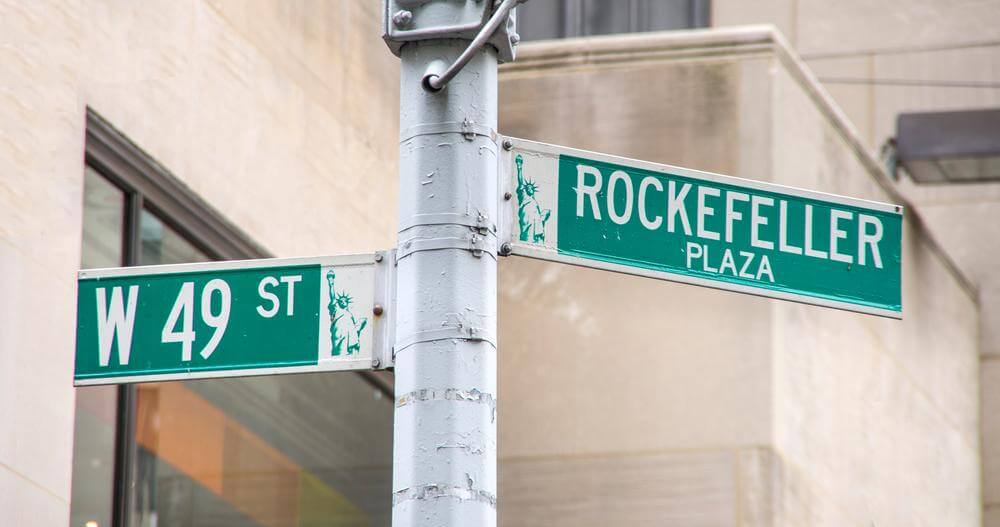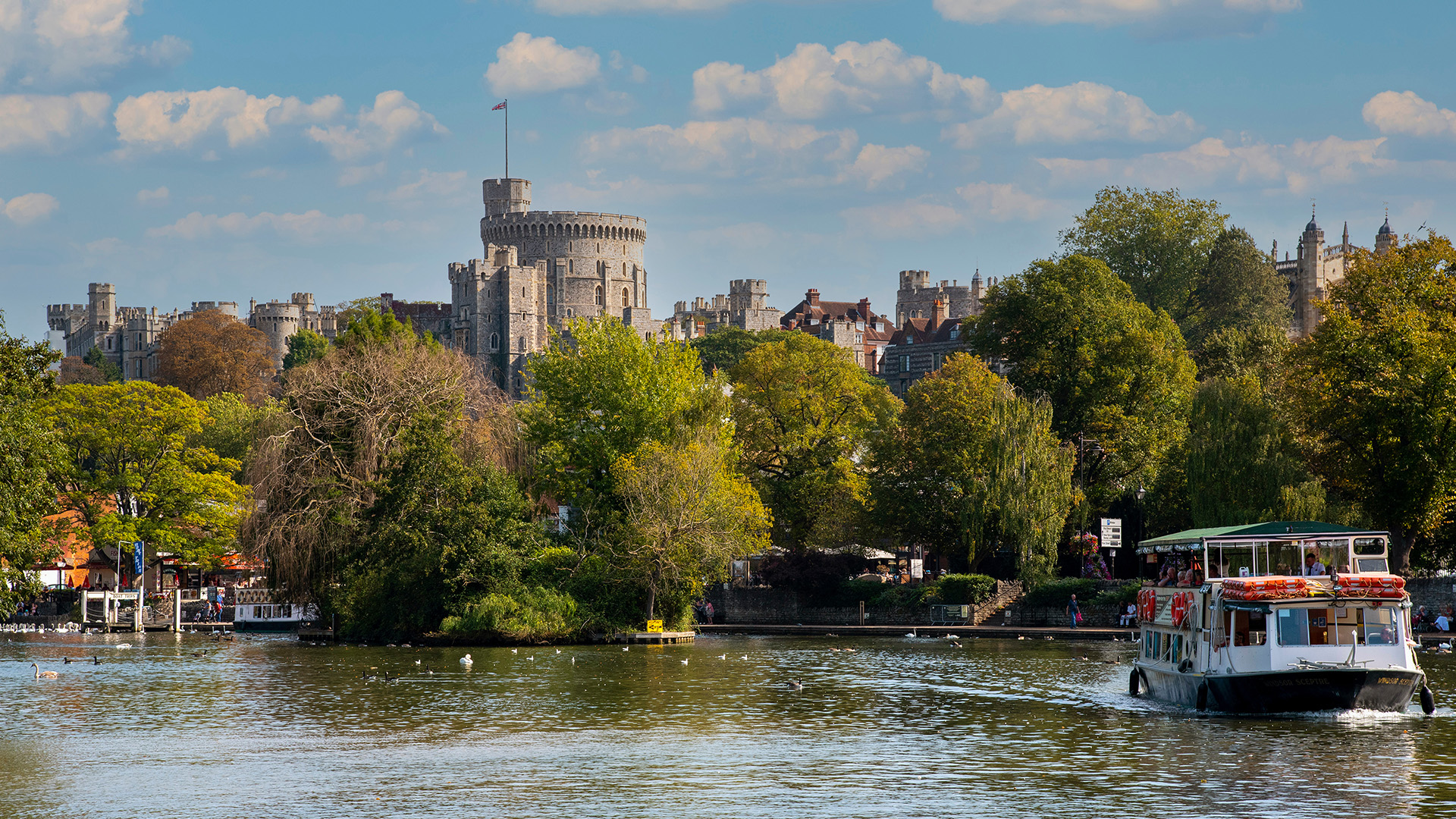Getting a mortgage can be a prerequisite for most people who want to own a home. However, young people in 2023 face considerable barriers when it comes to getting approved for their first mortgage.
Only 28% of young people (aged between 25-34) own a home. This is a huge drop from the previous generation, as 51% of people in the same age range owned a home in 1989. This article looks at the most common barriers young people face to getting approved for a mortgage.
Relying on High-Street Lenders
In 2020, the Covid-19 pandemic led to financial disruption for most people, with huge waves of firings. This has led to many people having missed payments or long periods of unemployment on their record. They may also have limited or bad credit histories.
“This means an increasing number of borrowers are struggling to get regular finance or loans from high-street lenders because they are failing to meet the strict criteria many lenders have,” explains Gavin Cooper of finance watchdog, Claims Bible.
“However high-street lenders are far from the only option for borrowers in 2023. Plenty of reputable online lenders are willing to overlook limited credit histories, instead focusing on borrowers’ current situations and current ability to meet monthly payments.”
Saving For a Deposit
The average price of a house in the UK in January 2023 was £258,297. Most lenders require a deposit of around 25% of the total asking price. This means that first time buyers will need an absolute minimum of £64,574.25 in the bank to buy their first home before adding legal fees and stamp duty.
In the current cost of living crisis, as energy bills, rent, and groceries soar in price, young people are struggling to save enough for such a huge deposit. They have less disposable income to put aside, as a growing chunk of their salaries are being spent on basic necessities.
56% of first-time buyers aged under 35 years old have received financial support from family to help them onto the housing ladder. This money comes from their parents and grandparents who have had more time to save up, and are able to gift deposits or interest-free loans.
Many families are even choosing to remortgage their homes as a growing number of people have recently become asset rich due to the increasing value of property in the previous years. Families often opt for second charge mortgages. These are great options for people who can afford to make monthly repayments on another loan on top of their mortgages.
Disinterest In Shared Ownership
With shared ownership, first-time buyers can take out a mortgage on a percentage of a home. A housing association would own the remainder of the property. Because this percentage is smaller, it means the deposit and loan will also be smaller, making it easier for first-time buyers to take their first steps onto the property ladder.
This means homeowners can start building up equity in the percentage of the property they own. However, they will have to pay rent on the non-mortgaged part of the property alongside their monthly mortgage payments, which can often cost as much as (or more than) the monthly cost of paying off a full mortgage.
Borrowers have the option to increase the percentage of their ownership up to 100% through ‘Staircasing’, which refers to the process of buying an additional percentage of a shared ownership property. The value of the remaining percentage fluctuates with the current market, meaning it could be cheaper or more expensive depending on the present situation.
Lack of Knowledge About Grants
In March 2023, the Government’s Help to Buy scheme reached its conclusion. This has led to many first-time buyers believing that there are no other support options from the Government that they can take. However many more options exist such as LISAs (Lifetime ISAs) and the Government’s First Homes scheme.
The First Homes scheme allows buyers to purchase newly built homes for 30% to 50% less than that property’s market value. To qualify for this scheme you must be a first-time buyer aged 18 and over, and your income must not exceed £80,000 per year (or £90,000 for Londoners).




























